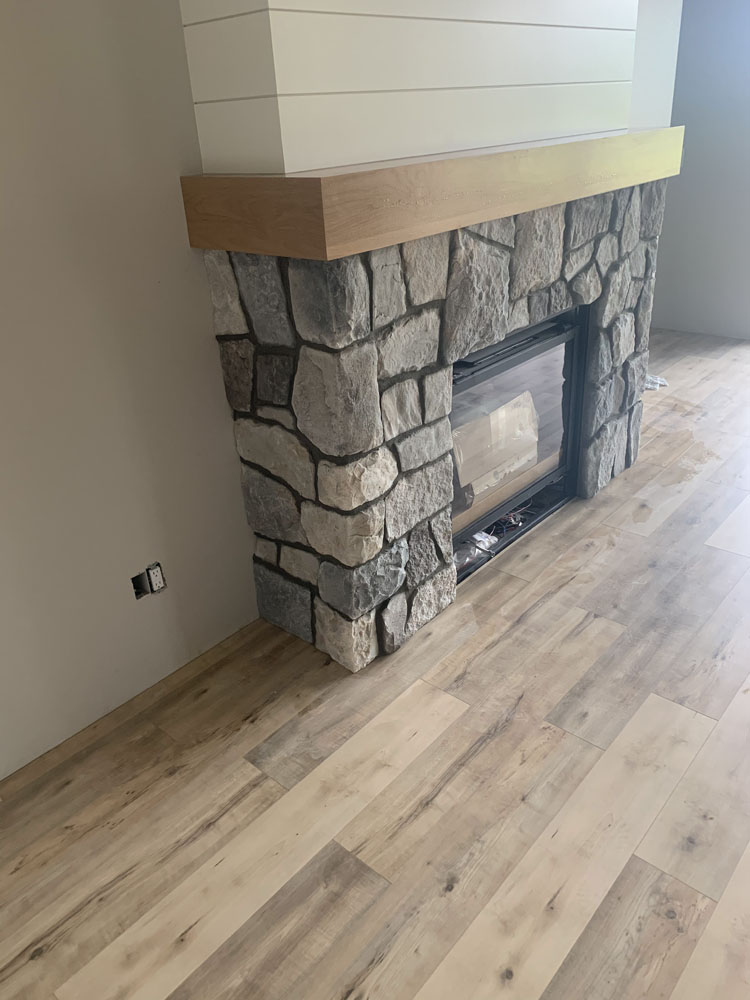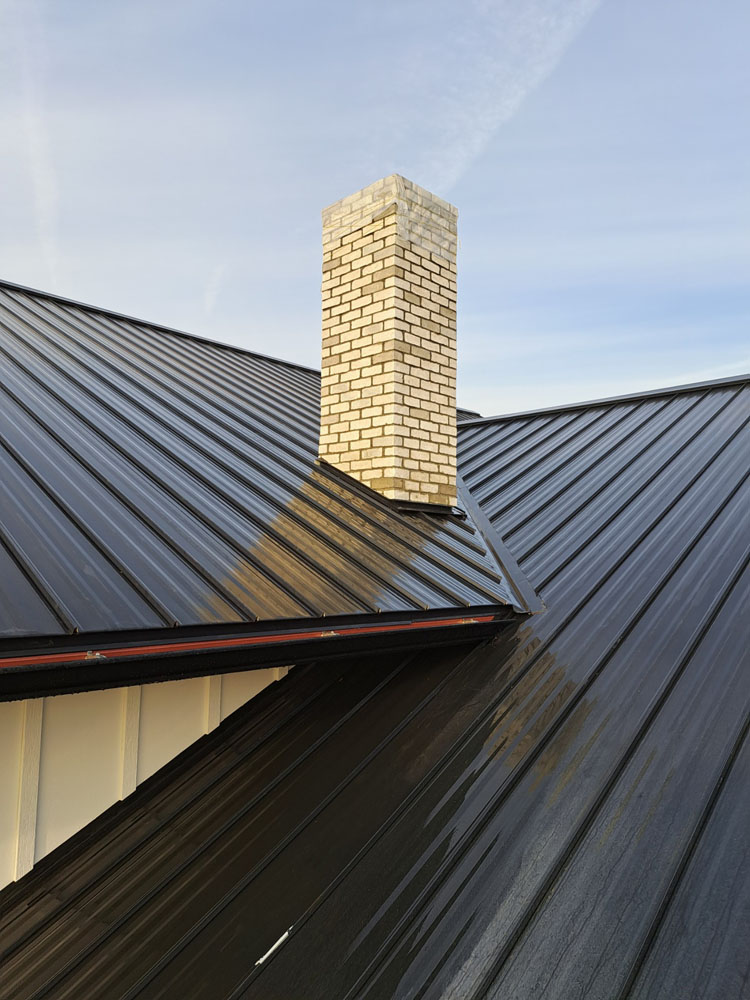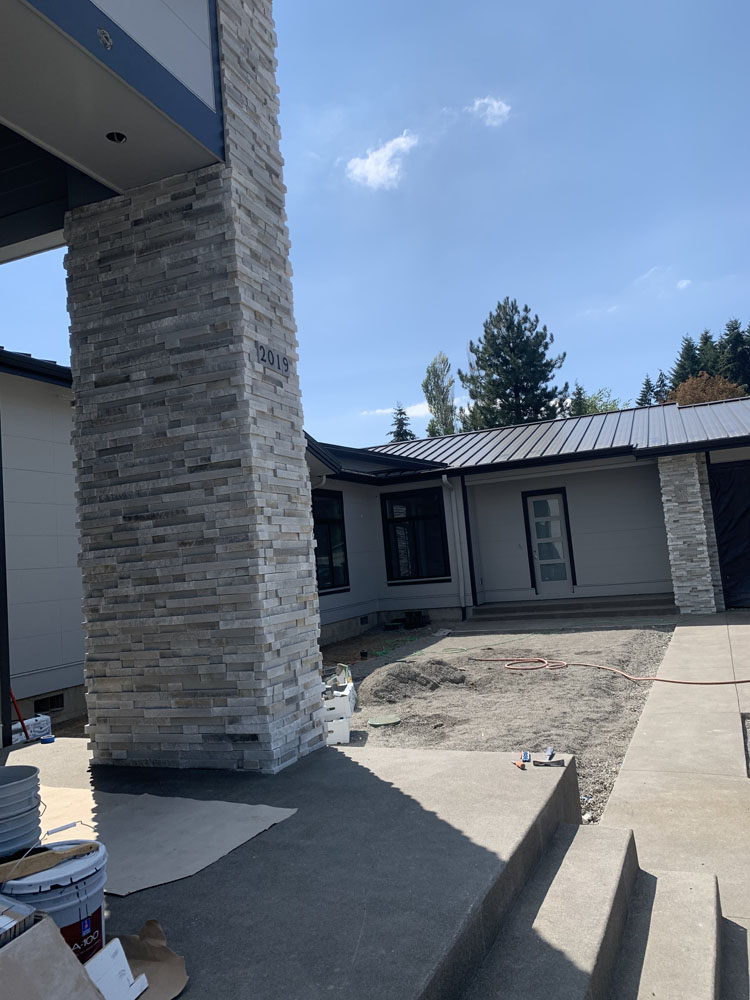When it comes to the foundations of our homes—both literally and metaphorically—there's no room for error. The walls that cradle us, the chimneys that lift our spirits, and the patios where we sip our morning coffee all have one thing in common: masonry. And if you’re asking yourself why you should trust your home’s structure to a qualified masonry contractor, buckle up! We’re diving into everything masonry-related, and by the end of this article, you'll be well-versed in why your home deserves nothing but the best.
Understanding Masonry: A Brief Overview
What is Masonry?
Masonry refers to the construction method involving bricks, stones, and concrete blocks. It’s not just about stacking materials; it’s an art form that combines creativity with engineering principles. Have you ever admired an ancient stone cathedral? That’s masonry at its finest!
Types of Masonry Materials
- Brick: Fired clay bricks are durable and aesthetically pleasing. Stone: Natural stone offers unmatched beauty and longevity. Concrete Block: Often used for its strength and insulation properties.
Benefits of Masonry
Masonry constructions offer various benefits:

- Durability Fire resistance Low maintenance Excellent insulation
Why You Should Trust Your Home’s Structure to a Qualified Masonry Contractor
Masonry is one of those fields where expertise truly matters. You wouldn’t want a novice working on your car engine or delivering a baby; similarly, trusting your home’s structure to an unqualified mason can lead to disastrous consequences.
Experience Matters
A qualified masonry contractor brings years of experience to the table. They’ve dealt with different materials and architectural styles and know how to adapt their techniques accordingly. You wouldn’t trust just anyone with your family heirlooms; the same applies here!
Skillset & Certifications
Did you know some states require certification for masonry contractors? This ensures they have undergone necessary training and possess adequate skills. So when hiring someone, always ask about their certifications.
Quality Assurance
A reputable masonry contractor guarantees quality work. They often provide warranties on their services, giving you peace of mind. If something goes awry (which it shouldn’t), you know who to call!
Local Knowledge
Local masonry contractors understand regional climates and soil conditions better than anyone else. This insight allows them to tailor their work according to local challenges.
The Role of a Qualified Masonry Contractor in Home Construction
Foundation Work: Setting the Stage for Success
Without a solid foundation, even the prettiest house will crumble! A qualified masonry contractor knows how to lay down a robust foundation that can withstand various stresses over time.
Importance of Good Foundations
When building any structure:
Stability is paramount It prevents water damage It prolongs lifespanBrickwork: The Artistry Within
Brickwork isn’t just slapping bricks together; it involves technique! Each brick must be laid out correctly for aesthetics and structural integrity.
Key Techniques in Bricklaying
- Stretcher bond English bond Flemish bond
Each method has its unique look and benefits!
Stone Masonry: Crafting Timeless Structures
Stone masonry brings elegance but requires specialized skills. Only a qualified mason can ensure proper selection and placement of stones while maintaining structural integrity.
Tools Used in Stone Masonry
| Tool | Purpose | |---------------|--------------------------------| | Chisels | Shaping stones | | Hammers | Breaking down hard materials masonry contractor | | Trowels | Applying mortar |
Masonry Repair: When Things Go Wrong
Signs Your Masonry Needs Repair
Cracks in walls or ceilings Discoloration or mold growth Unstable structuresIgnoring these signs can lead to costly repairs later on!
The Repair Process
A qualified contractor will analyze the problem before suggesting remedies—be it patching cracks or complete replacement.
Cost Considerations When Hiring a Masonry Contractor
Budgeting for Your Project
Understanding costs upfront can save you headaches later on! Here’s what typically affects pricing:
Material type Project complexity Labor ratesIt's essential to get several estimates before making decisions!
Hidden Costs
Often, homeowners overlook hidden costs such as permits or site preparation fees—ask your contractor about these!
FAQs About Masonry Contractors
Q1: How do I find a qualified masonry contractor?
A1: Start by researching online reviews, asking for referrals from friends or family, and checking local trade associations.
Q2: What qualifications should I look for?


Q3: How long does masonry work usually take?
A3: The timeline varies greatly depending on project size but expect anywhere from several days to weeks.
Q4: Can I perform my own masonry work?
A4: While DIY projects are tempting, it's advisable only if you possess adequate skills; otherwise, hire a pro!
Q5: Is all masonry waterproof?
A5: Not necessarily! Proper sealing techniques must be applied to protect against moisture infiltration.
Q6: How can I maintain my masonry work?
A6: Regular inspections, cleaning mortar joints, and applying sealants will help prolong its lifespan.
Conclusion
So there you have it—“Why You Should Trust Your Home’s Structure to a Qualified Masonry Contractor.” From understanding different types of materials used in construction to knowing when it’s time for repairs, entrusting experienced professionals with your home’s structure is undeniably wise.
Not only do qualified contractors bring expertise that guarantees quality work but also peace of mind knowing your home is built upon sturdy foundations crafted with care and skill! After all, when it comes down to it—your home deserves nothing less than excellence!
In short—don’t skimp on quality when it concerns your castle! Seek out those skilled masons who’ll give life (and longevity) back into every brick they lay!